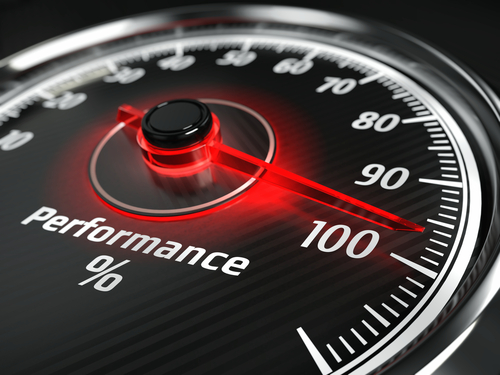Many people nowadays use external hard drives for their convenience as it can store large files with excellent portability. A lot of people try to get their hands on the best external hard drives for them to use anywhere they go. Due to its compact size, external hard drives have lately become more popular than flash drives.
Just like any hardware, external hard drives have wear and tear duration, and it all depends on your usage. People can’t afford to lose them to buy another as they cost more than usual flash drives. Nevertheless, many people are satisfied with their device because they know how to maintain their hard drive performance.
Here are three tips that you can use to maintain the performance of your external hard drive as well.
1. Stick To One USB File System
You might have noticed that some external hard drives can’t copy files that are larger than 4GB. Moreover, you also notice some of these devices have faster transfer speeds than others, but using the same USB port on the computer. These two observations can be explained by knowing about USB File Systems.
Two of the most common types of USB file systems are FAT32 and NTFS. Both of these file systems determine the performance of your device. Basically, NTFS is the upgraded version of FAT32 and much faster than FAT32. Though NTFS has much better performance than FAT32, only a few Operating Systems can read the NTFS file system.
To change the file system, you can follow these three simple steps.
- Plug your device in a computer and wait for the computer to read it.
- Find your device on the computer’s Devices and Drives Tab and right-click on it. You can find your drive in the “My Computer” or “This PC” depending on what OS you’re running.
- Choose “Format…” and select the desired file system. You should see a different dialogue box for this. The available file systems will depend on your OS as well.
- Then click Format. Then, you’re done.
One of the wear factors of external hard drives is the write cycle, which is the ability of your device to copy and delete files to and from your device, respectively. The more you do activities on your device, the faster it decreases its performance and slows down. Since changing a file system involves formatting, it’s better to determine where you’d use your device and stick to one file system only.
2. Only Store Secured Files
The worst culprit of affecting the performance of your external hard drive is an infected file. It may be just one file in the beginning, but it affects every other file every time you use it until everything is corrupted. This is much worse than common external hard drive dilemmas, where a computer can’t read your device.
Before writing any files on your device, you need to make sure all files aren’t somehow infected by the virus. There are three ways you can make sure your files in your device are secured.
- Scan your computer and your device for viruses and delete them. If you’re using your own computer, install reputable anti-virus software on the internet to your computer. Otherwise, tell the owner to do the same.
- Eject the external hard drive properly. Not properly ejecting external hard drives can cause data corruption and negatively affect the performance of your device.
- Scan downloaded files for malicious software. Some downloaded files bypass the anti-virus scan and can get through to your device. It’s best to check the files individually.
3. Take Care of Your External Hard Drive
While external hard drives contain hardware that has wear and tear duration, you should prevent any circumstance that can hasten the process. It’s not always the internal factors that can only affect the performance of the device, but also external factors, such as heat and dust.
You can take extra care of your device in three easy steps.
- Keep it cool. One of the worst things that can decrease the performance of the device is extreme heat. Avoid overheating your device by facing a cooling fan to the device, keeping the room air-conditioned, or at least well-ventilated. Avoid laying your device on soft objects like pillows and shirts as this may cause heat to accumulate on that surface area.
- Keep it dry. The most unnoticeable external factor in protecting your device is humidity. When your device is in contact with cold objects, frequent exposure to liquids, or in a very humid environment, it can cause condensations inside your device which can destroy electronic parts. Always wipe it dry after use, and keep it away from any liquid.
- Keep it clean. It’s inevitable to have dust and dirt on your devices, but too much accumulation of it can harm it. You can use a casing for your external hard drive to prevent dust from entering, and keep your environment clean from any debris that can go in your device.
The Bottom Line
There’s a lot of factors that can affect the performance of your external hard drive, but you can delay them. Depending on your handling, your device can last longer than you expect it to, and it can be a worthy purchase. Always remember to plan ahead, and use the device for its intended use only, and nothing more.
Thanks for reading this article. If you're new here, why don't you subscribe for regular updates via RSS feed or via email. You can also subscribe by following @techsling on Twitter or becoming our fan on Facebook. Thanks for visiting!























































































































































































